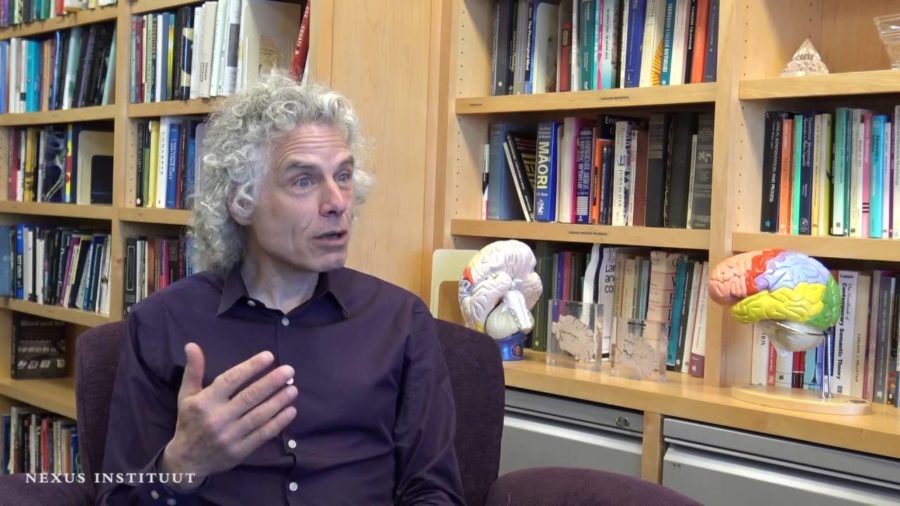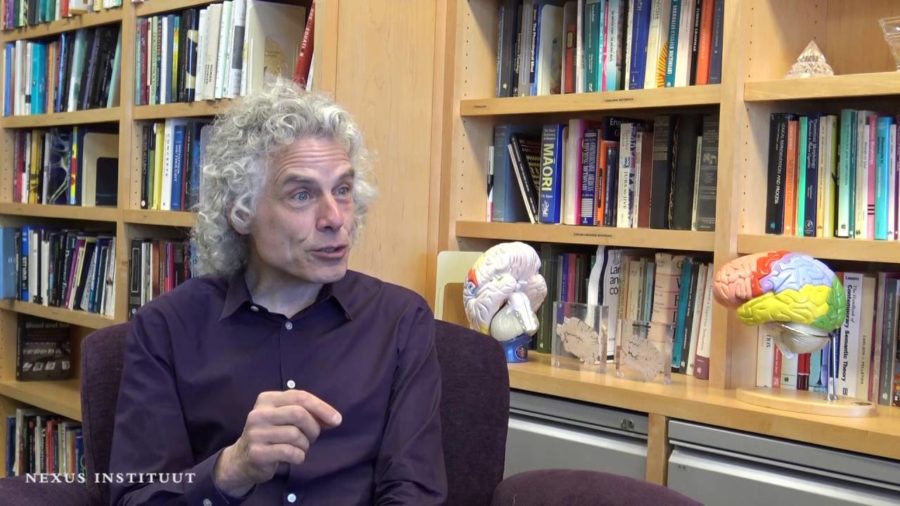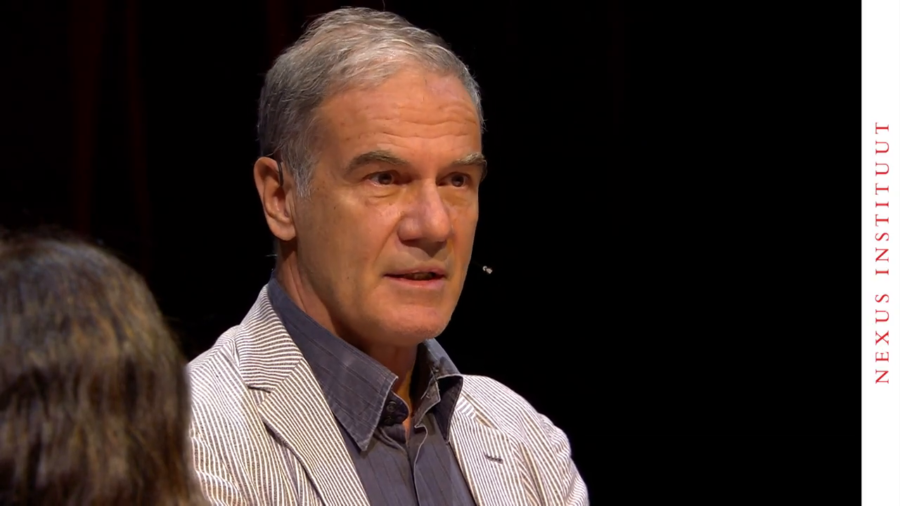I’m very diffident towards values, any kind of. Because you know, values can be very dangerous. And as the poem of Yeats says, the passionate intensity in believing in something can be very dangerous.
Archive (Page 1 of 2)
There’s a lot of beautiful things. And I think if there’s one thing I’m most deeply disquiet about it’s…power. Why are we doing almost nothing about climate change? It’s because despite the fact that most people on earth and many government on Earth do, the oil corporations and the governments most closely allied to the oil corporations, notably ours, don’t want to do anything.
I don’t understand the fear. And that’s the biggest threat. And the reason it’s a threat is it makes your judgment bad. You never make good decisions when you’re afraid. And it destroys your ability to clearly look at the facts and do something. You choke, in other words.
Benevolence isn’t inefficient and I’m a big fan of benevolence. It’s just that it’s not enough. It’s okay for a group of twenty-five or fifty people where everyone knows everyone. But when you have 300 million in the US or 7 billion in the world, if we were self-sufficient and we had to produce everything for ourselves we’d all die, or 99% of us would die. So we have to cooperate with each other. But the only way to cooperate with each other in such large numbers is through markets.
To me…we all draw our satisfaction from what we ourselves have been able to do with our lives. And if somebody, some government or someone else is just giving to me, I’m not going to be a happy person.

I don’t think that anything will save the world in the sense of bringing Utopia to Earth. But I think the world could be improved, and that would be the version of the question that I’m very much interested in.

There are many changes to our institutions and our norms and our ideas that can reduce or eliminate the risks of nuclear war without what I consider a rather quixotic attempt to change the course of human evolution.
Much of class and isolation and pulling away is this sort of illusion that somehow we can be apart from the suffering that is in our midst. And that’s a myth. The social isolation that many people in the one percent experience is a wound.
I think if there are people who are able to take a step backwards, take that proverbial zoom out, and realize that everybody’s kind of doing the same thing in different ways, and be able to step from one perspective to the other and ask different kinds of questions based on where they are at any given moment time, then it just becomes a game. I think it becomes joyful and engaging. I mean, I’m not interested in finding the answer to anything. I don’t think there is the answer to anything.
I think the saddest thing is if you ever stop wanting to learn new things. And it can be about anything. That’s just really heartbreaking. I don’t know. It’s just so much part of like who you are as a human to learn new things constantly. And so to not be curious, not want to learn new things and not create new patterns and connections…you’re pretty much giving up your human self.

